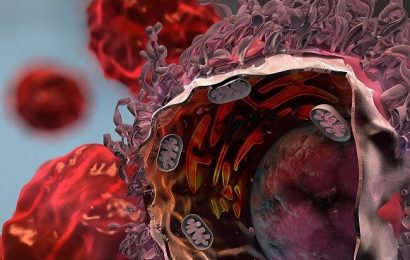Tomorrow, Wednesday 29th September, the Action for Global Health network will release a new report on “Health Inequalities and Climate Change”, calling for ambitious action to tackle climate change for the health of people and the planet.
The new report, endorsed by a number of expert global health organizations including Action Against Hunger, the George Institute for Global Health and Students for Global Health, evaluates the impacts of climate change on health inequalities, including how socio-economic risks, regional risks and climate-related stress impacts the health of people around the world (see Figure 1 below).

It also explores how climate change disrupts health service provision, cost and coverage globally, putting the goal to achieve Universal Health Coverage further out of reach and exacerbating the impacts of the COVID-19 pandemic.
Recommendations:
In order to tackle the impacts of climate change on health, it is necessary to:
- Adapt and strengthen health systems and broader infrastructure to build climate resilience, ensuring that healthcare can still be provided during climate crises and to account for evolving climate-related issues;
- Mitigate climate change through interventions across energy, food and agriculture, and transport sectors, as well as reducing the health sector’s own climate change footprint;
- Renew commitments to the Paris Agreement and secure 7.6% reduction in global emissions each year by 2030, with high-income countries to strengthen commitments to provide financial resources to assist low- and middle-income countries;
- Embed climate mitigation and adaptation into COVID-19 recovery plans;
- Ensure participatory and representative policymaking, from the planning phase through to implementation, with those that are most affected being meaningfully engaged and prioritised for active outreach, decision-making and control over resources.
Please see the full report attached which is under embargo until Wednesday 29th September.
What the global health community say:
"Climate change is having devastating impacts on people’s health all over the world, and is threatening to undermine decades of gains in development. The double bind of increasing climate impacts and lack of universal health coverage means populations with the highest inequality bear the direst impacts. Our report highlights that urgent and sustainable action is needed to ensure the health of people and the planet."
– Melanie Scagliarini, Advocacy Officer, Action for Global Health
“The world’s poorest are paying the price for a climate crisis they played almost no part in creating. Right now, we have a climate related hunger crisis engulfing countries from Mali to Madagascar that don’t have the health infrastructure to cope with an explosion in child malnutrition. We need to get ahead of this crisis. We cannot wait for famines to be declared. Climate change is placing an unsustainable burden on weak health systems, and without significant investment, they stand little hope of coping with the accelerating climate crises.”
– Kate Munro, Head of Advocacy, Action Against Hunger UK
“The UN Secretary-General called global heating a code red for humanity – it is also a code red for the health and wellbeing of all life on earth. We need immediate action from all governments to limit global emissions. We know global heating increases non-communicable diseases and mental health conditions, jeopardizes sustainable development and is hitting those least responsible the hardest. COP26 needs to aspire to the kind of climate justice that ensures global heating does not harm health in the communities it affects most.”
– Prof Kent Buse, Director, Healthier Societies Program, The George Institute for Global Health
This policy takes a comprehensive, intersectional approach to Climate Justice – reflecting not only on inequity in geographic distribution but also recognizing on racial and gender oppression. It is clear that time is running out and we need change. The people-centered and inclusive approach towards mitigation and adaptation efforts is in immediate need.”
Amiteshwar Singh, Students for Global Health COP26 Working Group Chair
Launch event:
To mark the release of the report, Action for Global Health will be hosting the launch event: ‘A Time of Crises: Health Inequalities in the Era of Climate Change’ on Wednesday 29th September 13.00-14.00 (BST) chaired by Sir Andrew Haines, Professor of Environmental Change and Public Health at the London School of Hygiene and Tropical Medicine.
The panel will also include:
- Kai Saunders, UK Youth Climate Coalition;
- Dr Julieann Coombes, Senior Research Fellow and Co-lead for the Aboriginal and Torres Strait Islander Health Program at The George Institute for Global Health;
- Gladys Ngeno, Project Lead for Maternal and Newborn Improvement Quality of Care programme, Options;
- Dr Poorvaprabha Patil, President of Medical Students Association India.
As the impacts of climate change, and the regularity of global health crises increase and persist, this event will consider both how the climate crisis exacerbates health inequalities and the impacts of the health sector on climate change.
Registration for the event is now open.
Action for Global Health


